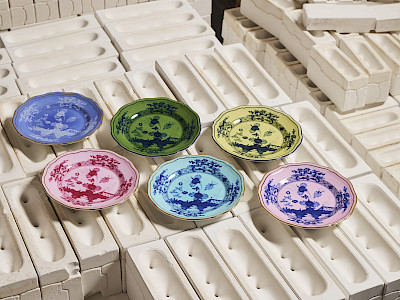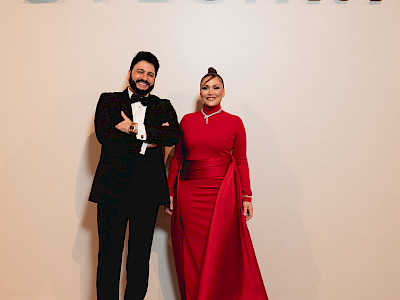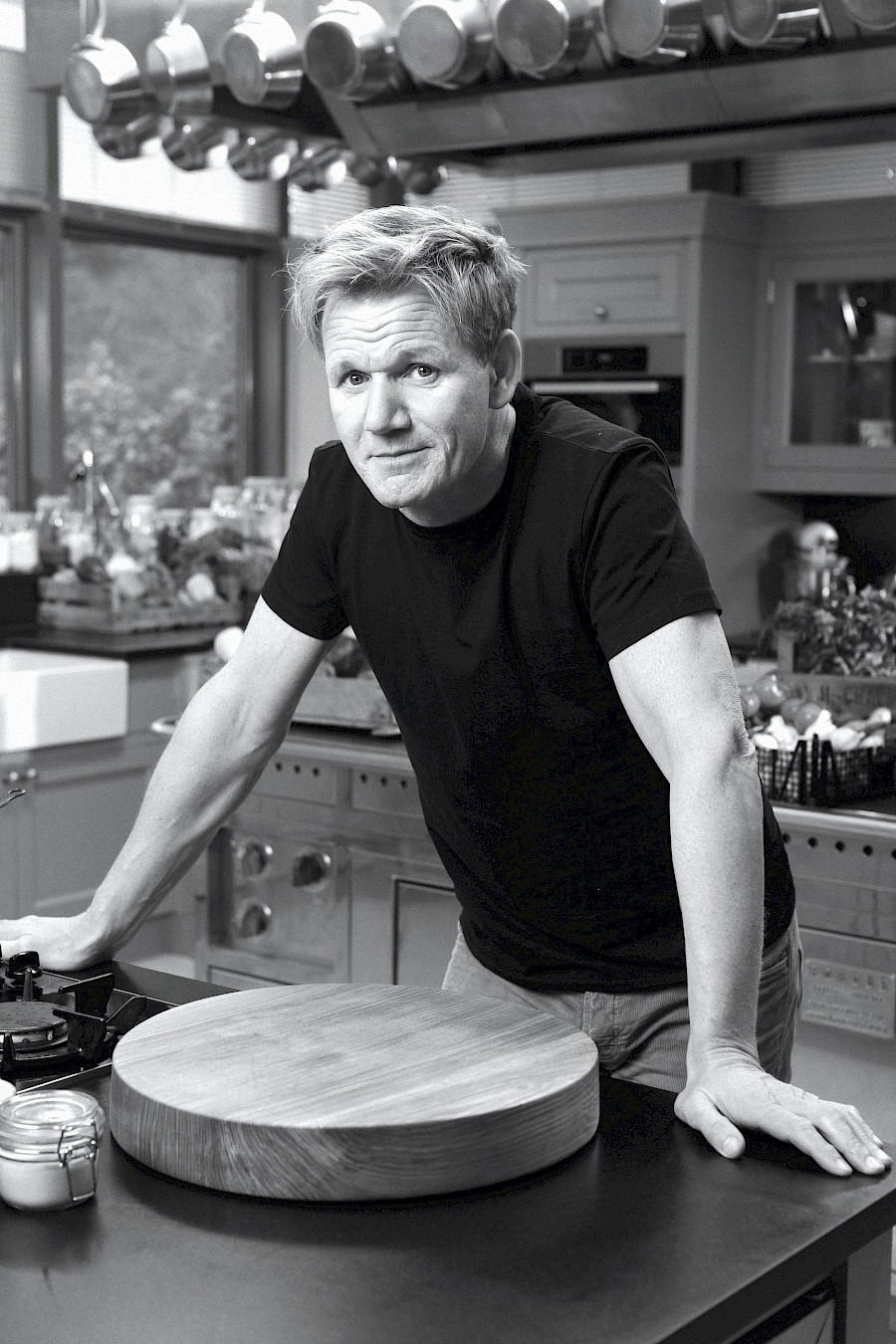
Renowned chef, restaurateur, television personality, and culinary icon – Gordon Ramsay has left an indelible mark in the world of gastronomy. His sharp wit, fiery temperament, and exceptional culinary skills have made him a household name, captivating audiences around the globe. From his Michelin-starred restaurants to his popular television shows, Ramsay's passion for food and uncompromising pursuit of excellence have established him as a master chef extraordinaire.
His journey to culinary stardom began in the UK, where he honed his skills under the guidance of esteemed chefs like Marco Pierre White and Guy Savoy (dubbed “the godfather of modern cooking”). With determination and a relentless pursuit of perfection, Ramsay swiftly ascended the culinary ranks. He earned his first Michelin stars at the age of 28 and has since garnered a total of 17 stars across his global restaurant empire. Spanning continents, his restaurants consistently receive critical acclaim, drawing discerning diners in search of exceptional culinary experiences.
IN THE CULINARY WORLD, STRIVING FOR PERFECTION IS A CHALLENGE UNLIKE ANY OTHER
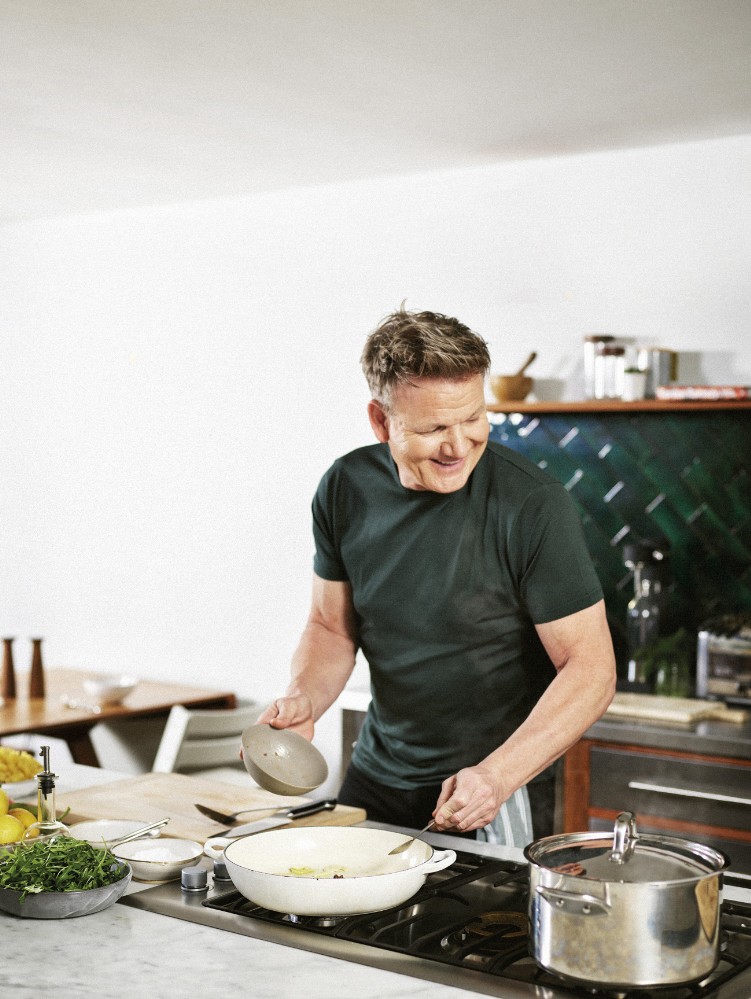
What drives your passion for cooking?
Perfection – achieving perfection in every dish is
the ultimate goal. In the culinary world, striving for perfection is a challenge unlike any other. You see, the pursuit of perfection is what keeps us constantly pushing boundaries. That feeling when you present a flawless dish, perfectly prepared, is truly indescribable – it's what makes this craft so rewarding.
How would you describe your cooking style and what sets it apart from other chefs?
I had to be tough both physically and emotionally
– especially working among French boys, where I had to prove myself ten times more than the others. Learning and staying creative have always been my driving forces. Even after all these years, I still strive to perfect my craft.
You’re known for your high standards and tough demeanour in the kitchen. How do you balance pushing your team to excel while maintaining a positive work environment?
When I get angry, I am just being honest – like any good chef, I strive for perfection. It’s in that pursuit of excellence that tensions can get heated. But behind the scenes, what many don't necessarily witness is the strong bond I share with my staff. In every kitchen, we form a little family.
What do you think is the biggest mistake amateur home cooks make, and what advice would you give them to improve their skills?
The trick is to avoid overcomplicating the dishes. I believe in simplicity – it doesn’t mean compromising on refinement. The higher the quality of the main ingredient, the less manipulation it needs. It's about allowing the ingredient to shine on its own, keeping the essence intact.
As a successful restaurateur, what advice would you give to aspiring chefs who want to open their own establishments?
Make sure you have learnt as much as you can from the jobs you have worked in. However, there is never a perfect time to dive into opening a restaurant. Sometimes, you just have to take a risk if you are truly passionate. When my team and I ventured into our restaurant in ‘98, it was a huge risk. We had to sell our flat to finance it, and the stakes were high – if it hadn’t succeeded, we’d have been left with nothing. In reality, risks are necessary to pursue your dreams.
How do you approach setbacks and failures in your culinary journey?
Disasters happen, mishaps arise, as much as we all strive for perfection. This kind of stuff occurs all the time – it’s all about learning from those moments and moving forward. You don't learn much from success; it's the failures that teach us the most
Your television shows, such as Hell’s Kitchen and MasterChef, have become incredibly popular. How do you approach the role of being a mentor and judge to aspiring chefs?
I have always considered myself a chef who just happens to be on TV. Being on screen doesn't change my love for teaching and mentoring. I learnt a lot working under great chefs, and that's what I aim to do on these shows – to make these chefs better and help them reach their dreams.
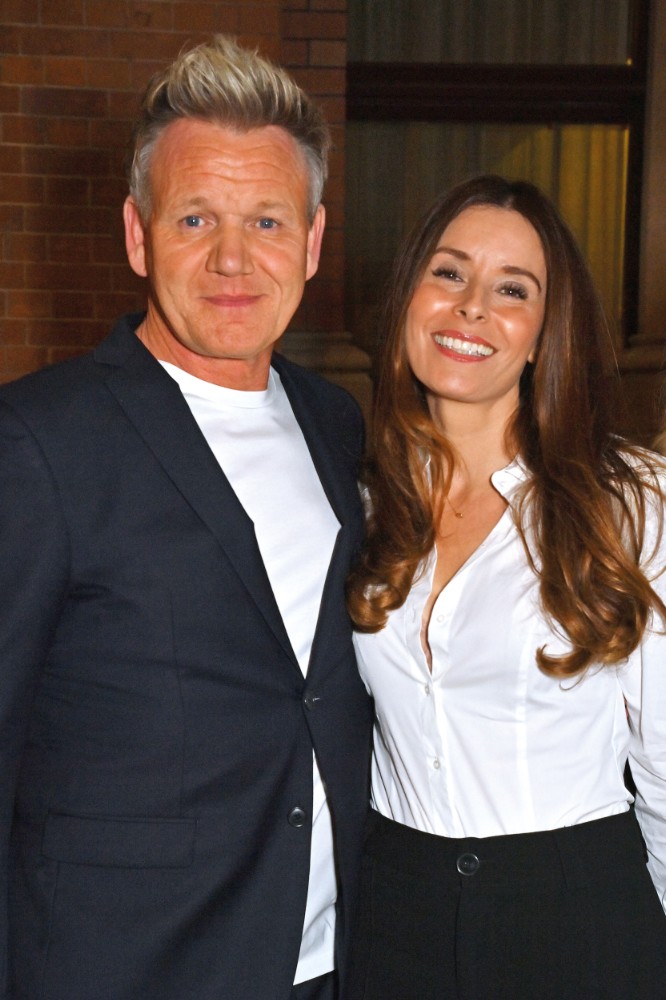
THE HIGHER THE QUALITY OF THE MAIN INGREDIENT, THE LESS MANIPULATION IT NEEDS
With your extensive experience in the culinary world, what do you think is the next big trend in food and cooking?
In general, I don't tend to follow or very much like new fancy trends. It was like when every restaurant started to add Wagyu beef to their menu. It’s not I have anything against Wagyu – it can be a great meat (literally "Japanese beef," refers to four breeds of cattle raised in Japan). But the issue was that some of these restaurants didn't even know how to store it properly. Just because something's expensive doesn't automatically make it a great-tasting dish.
How do you stay motivated and continue to innovate in your cooking, despite having achieved so much success already?
I am still incredibly excited about what I do – I am still incredibly passionate about cooking and opening restaurants. Even now, I still feel like I have so much I want to achieve.
What is your favourite dish to cook and why?
The one I get asked about the most – and, I guess, you would call it my signature – has to be my beef wellington. The favourite meal I have ever cooked though was for Lady Diana back in the 90's. She was absolutely beautiful, and one of the most gracious and kindest royals I have ever met. I remember I prepared a leek terrine (a loaf of forcemeat or aspic, similar to a pâté, that is cooked in a covered pottery mold) as a starter and seabass as the main course, and it remains the most memorable meal I have ever cooked.
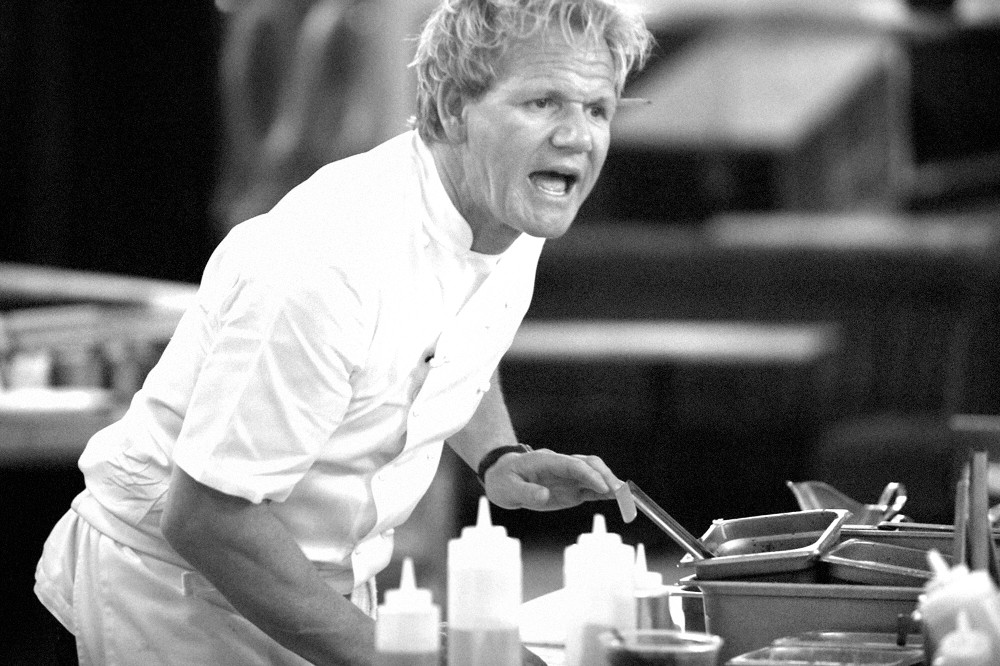
Can you walk us through your creative process when developing new recipes or menu concepts for your restaurants?
If you have seen my shows – you know I am all about quality over quantity. Some menus boast over a hundred dishes, and there is no way a kitchen can cope with that while at the same time keeping up quality control. Have it seasonal – it encourages the use of fresh ingredients.
Could you share your favourite quick recipe?
There is something incredible about the humble egg (since 1996 World Egg Day has been celebrated every year on the second Friday in October) – and a simple delight in life is scrambled eggs on toast. A couple of things people often miss: avoid seasoning or whisking the eggs before cooking – you shouldn’t do this. When you take them off the heat, continue to stir as they will still be cooking. Then add salt, pepper, and a dollop of sour cream. Perfect!
Can you share any lessons or insights that you have learned throughout your career that you believe are crucial for success in the culinary industry?
My Mom always told me, “Excuses get you nowhere.” You have to do all kinds of jobs at the start of your career – I remember doing the night shift at a 5-star hotel, making club sandwiches at 22. It wasn't what I wanted to be doing – but I did it. Every job I had with a world-class chef, I just wanted to absorb and learn whatever I could. In this industry, it's important to be a sponge when working with the best.
What legacy do you want to leave behind in the culinary world?
That's a huge question, but I would say it is the incredible young talent I have had the opportunity to work with, who are now shaping the future of the industry.
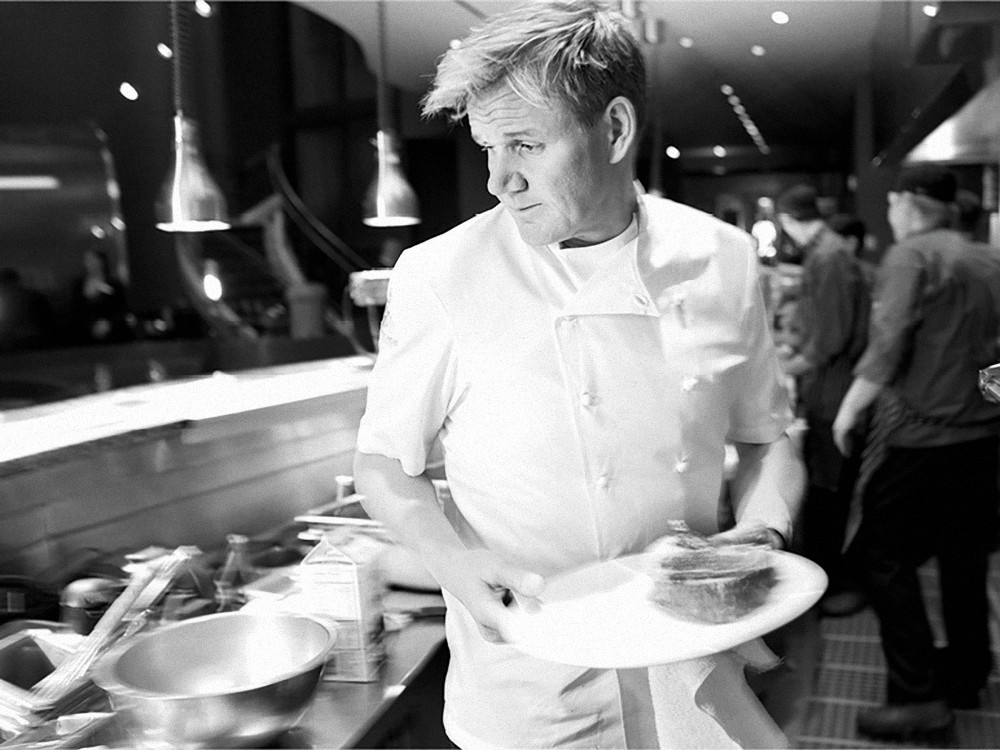
YOU DON'T LEARN MUCH FROM SUCCESS; IT'S THE FAILURES THAT TEACH US THE MOST


